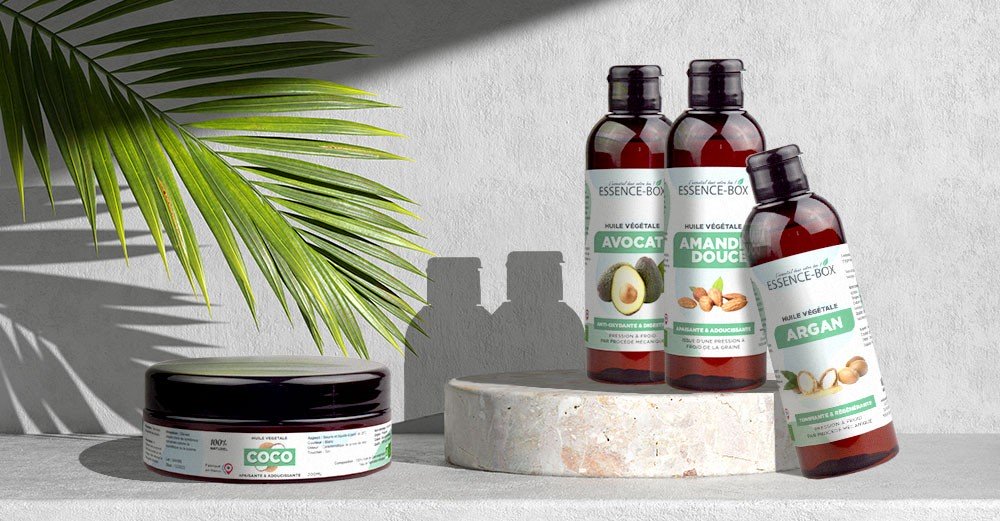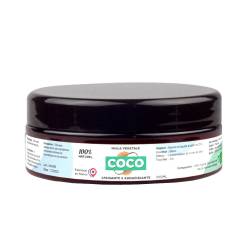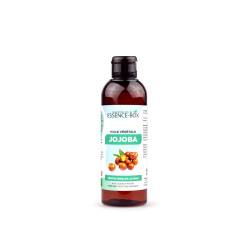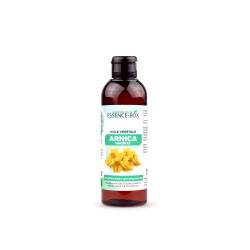Vegetable oils have been used for a very long time, not only in food but also as cosmetic or medicinal skin care. We tell you all the properties of these vegetable oils, but first let's talk about the skin!

What is skin?
The skin is made up of cells that look like small bricks cemented together using a liquid fluid. This fluid helps maintain everything and creates an impermeable barrier which facilitates exchanges between the outside and the inside. For this barrier to be healthy, it is necessary to maintain good hydration .
The skin plays several important roles for our body:
- It protects against external aggressions (sun, pollution, bacteria, cosmetics).
- It regulates the temperature.
- It allows the production of certain hormones and vitamins.

Benefits of vegetable oils for the skin
Vegetable oils will have different interesting properties for our skin:
- They limit dryness of the skin by forming a protective film on the surface.
- It facilitates wound healing.
- They reduce inflammation.
- They limit skin aging.
- They are anti-bacterial.
- They are antioxidants, meaning they protect cells from aging.

Use of different vegetable oils:
Arnica vegetable oil, jojoba vegetable oil, etc. Not easy to find ! Here is a summary of the most common vegetable oils and their uses.
| Vegetable oil | Property | Use |
|---|---|---|
| Almond |
|
|
| Argan |
|
|
| Arnica |
|
|
| Lawyer |
|
|
| Coco |
|
|
| Jojoba |
|
|
| Castor |
|
|
NB: Vegetable coconut oil (also called coconut butter) and jojoba oil keep longer than other vegetable oils.
The little extra: Shea butter
Shea butter can also be used to nourish the skin. It protects against external aggressions, reduces inflammation and prevents cellular aging.
Linked products






 By Julie Van Paepeghem - Naturopathe
By Julie Van Paepeghem - Naturopathe


